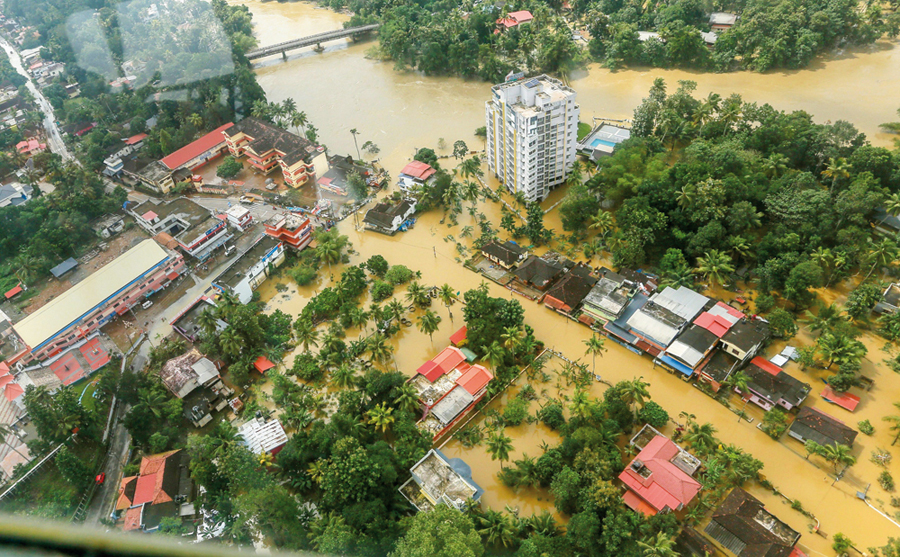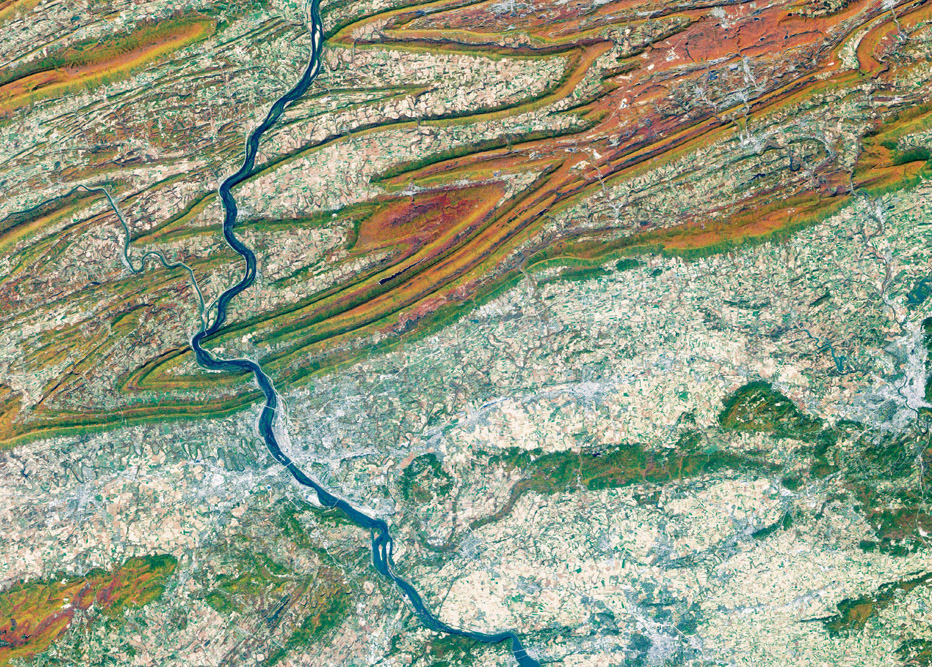New Techniques to Avoid a Kerala Like Disaster



India is set to embark on a new chapter in its Polar exploration journey with the construction of Maitri II. The Indian government plans to establish a new research station near the existing Maitri ba...
.png )
The Deep Ocean Mission (DOM), approved by the Government of India in 2021 under the Ministry of Earth Sciences (MoES), represents a strategic step in realizing Sustainable Development Goal 14 (SDG 14:...

China recently announced restrictions on the export of seven rare earth elements (REEs), soon after US President Donald Trump decided to impose tariffs. As the world's dominant supplier—responsible fo...
Kerala has witnessed one of the most devastating floods in history. Many lives and livelihoods were lost in just a few days. To reduce future occurrences and the impact of such calamities, it is impor...
Flood is a complex outcome of an interface between geological, physiographical, hydrological, meteorological and anthropogenic dynamics. It mandates high computational techniques for the analysis of a...
Soil erosion is the removal of the top layer by natural agents. However, deforestation, overgrazing and infrastructural development accelerate soil erosion. As soil is a critical natural resource, the...
Global changes due to the influence of extraterrestrial phenomena can be studied by using various satellite based information. An attempt is made in this article to understand the influence of such ch...
Kerala has witnessed one of the most devastating floods in history. Many lives and livelihoods were lost in just a few days. To reduce future occurrences and the impact of such calamities, it is important that we focus on implementing and improving the measures that can offer greater resilience.

Flood is a complex outcome of an interface between geological, physiographical, hydrological, meteorological and anthropogenic dynamics. It mandates high computational techniques for the analysis of a large volume of hierarchical pictorial data. GIS technology, inseparably interleaved with remote sensing, helps to panoramically beam complex issues involving river floods and the feasibility of dete...

Soil erosion is the removal of the top layer by natural agents. However, deforestation, overgrazing and infrastructural development accelerate soil erosion. As soil is a critical natural resource, the risk of its erosion must be addressed urgently. Use of modern technologies like remote sensing and GIS can help build an understanding towards risk mitigation.
